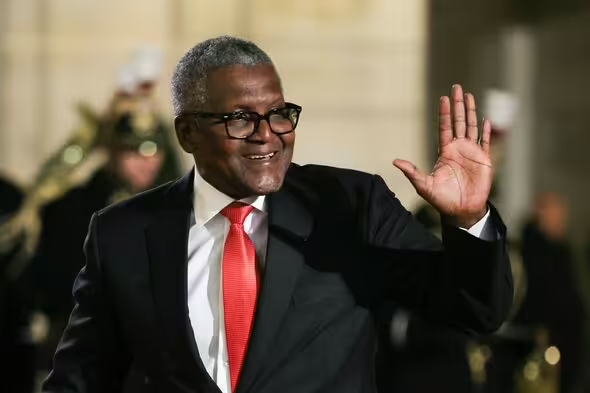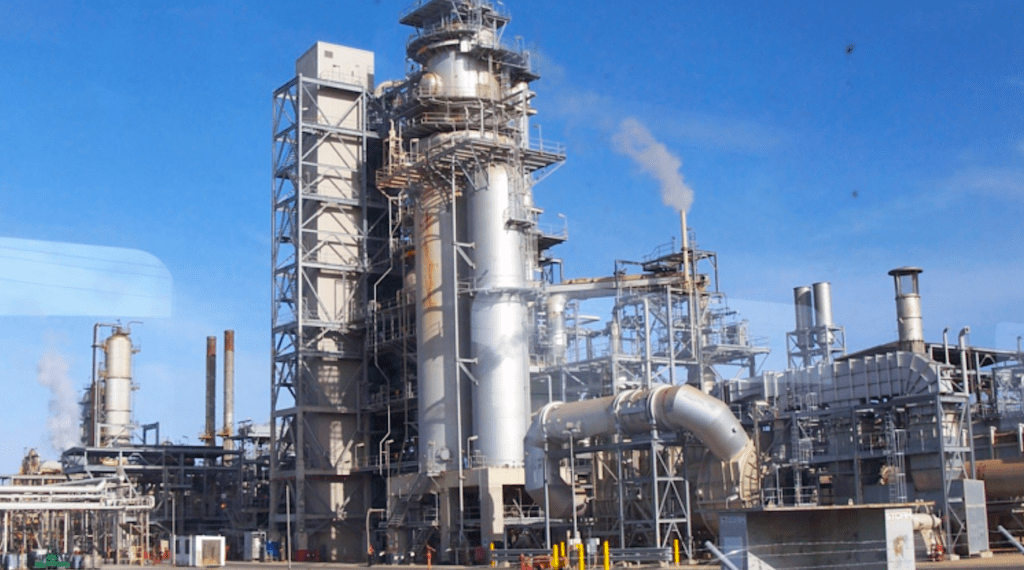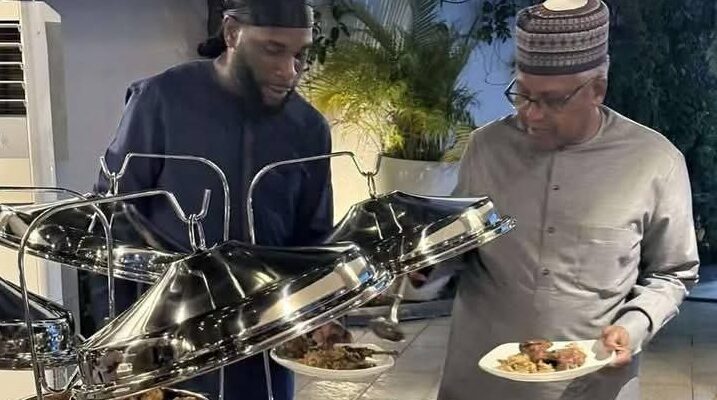In a world where billionaires flaunt private jets and extravagant lifestyles, Aliko Dangote stands apart — a man whose wealth whispers powerfully instead of shouting. With a fortune exceeding $10 billion, Africa’s richest man could indulge in the finest luxuries daily, yet Dangote drives himself between meetings and buys a new car only once every eight years.
This isn’t a tale of overnight riches or viral success. Dangote’s empire wasn’t gifted — it was forged through decades of strategy, grit, and an almost ruthless ambition. While his philanthropic work with Bill Gates to fight polio and malnutrition has earned him global applause, his cutthroat business tactics have sparked controversy at home.
A Titan Born of Trade and Turmoil
Born in Kano, northern Nigeria’s second-largest city, Dangote came into the world just three years after Nigeria’s independence and grew up watching the country stagger through civil war, military coups, and fleeting moments of democracy.
Business was in his blood. His great-great-grandfather was once the richest man in Nigeria, trading in kola nuts and groundnuts. When Dangote’s father died, young Aliko was raised by his grandfather — who quickly noticed the boy had a knack for business. By primary school, Dangote was already running a miniature sweets empire, delegating sales to classmates and taking a cut of their profits.
“When you’re raised by an entrepreneurial family, you grow up knowing nothing is impossible,” Dangote once said — a philosophy that would shape his meteoric rise.
The Cement Gamble That Sparked an Empire
After graduating from Al-Azhar University in Cairo in 1977, Dangote joined his uncle’s cement business at a time when Lagos was in the grip of the infamous “Cement Armada.” Nigeria’s government had gone on a reckless importing spree, ordering 20 million tonnes of cement to fuel a building boom. But chaos followed — hundreds of ships clogged the ports for months, some sinking, others unloading cement that had turned to useless sludge.
Dangote saw opportunity in disaster.
He borrowed ₦500,000 (enough to buy 5,000 Mercedes cars at the time) from his grandfather and plunged into the cement trade — repaying the loan in under six months. As competitors crowded into cement, he pivoted — importing essentials like flour, sugar, and fish. He avoided oil, calling the sector too corrupt to touch.
From Import King to Industrial Overlord
By 1986, Dangote’s timing was once again perfect. Nigeria’s economy, crushed by an oil price crash, embraced trade liberalisation, offering incentives for non-oil exports. This gave Dangote a golden runway to dominate the import sector, turning him into a millionaire before his 35th birthday.
But importing wasn’t enough. Inspired by industrial giants in Brazil, Dangote resolved to stop trading and start producing. That shift would change not only his fortune, but Nigeria’s industrial landscape forever.
Monopolies, Controversy, and Political Muscle
Dangote didn’t just build businesses — he built relationships with power. His close ties to President Olusegun Obasanjo earned him sweetheart deals, including the purchase of 40% of Nigeria’s National Salt Company and a pivotal stake in the national fertiliser company. When Obasanjo restricted cement imports, Dangote pledged to build Nigeria’s largest cement plant — with $390 million of his own money and $470 million from government-backed funds.
Critics accused him of oligarch tactics, comparing him to Russian tycoons who snapped up state assets after the collapse of the Soviet Union. When Dangote’s sugar company went public, it raised a staggering ₦420 million — solidifying his hold on Nigeria’s industrial economy.
The Mega Refinery: Nigeria’s Gamble on One Man
For years, Nigeria exported crude oil only to reimport refined petroleum — losing billions in the process. Dangote saw this inefficiency and pounced. With no debt across his companies, he poured billions into constructing Africa’s largest oil refinery. By 2025, Nigeria is expected to become the continent’s top refined oil exporter, all thanks to one man’s audacity.
“We need to take charge,” Dangote declared. “If we wait for outsiders to develop this continent, it will never work.”
The Billionaire Who Defies the Stereotype
Despite his industrial dominance, Dangote’s personal habits defy expectations. No fleets of luxury cars, no showy mansions plastered on Instagram. His advice to his godson, Afrobeats superstar Davido, is simple: “Save your money.”
Dangote’s work ethic is legendary — bankers who have dealt with him say if you don’t know his business better than he does, he will shred you apart in seconds. Renaissance Capital’s West Africa CEO, Yvonne Ike, calls him one of the toughest clients she’s ever faced.
A Legacy Written in Concrete, Sugar, and Steel
Today, The Dangote Group employs thousands across the continent, driving industries from cement to sugar to fertiliser and, soon, refined petroleum. His businesses make up a staggering 30% of Nigeria’s public market value — a level of economic dominance that surpasses Apple and Microsoft’s combined grip on the US economy.
Critics call him ruthless. Admirers call him a visionary. But one thing is certain — Aliko Dangote’s story is not just the story of one man. It is the story of modern Nigeria itself — a nation of boundless potential, staggering contradictions, and the relentless will to rise.





